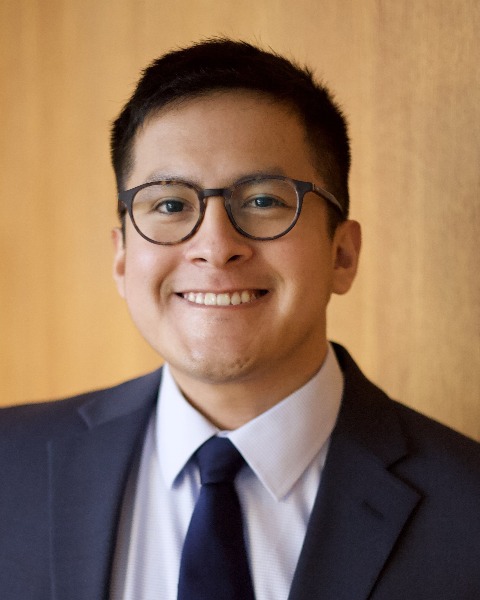Education
Global Neurosurgery Perspectives and Career Plans: A Comparative Study of US and International Medical Students

Paul Serrato, MS
Medical Student
Yale School of Medicine
New Haven, CT, US
Presenting Author(s)
Introduction: Global neurosurgery (GNS) aims to address global shortages of timely and affordable neurosurgical care. Despite its growing academic recognition, little is known about the perceptions and career plans related to GNS among U.S. and international medical students.
Methods: We conducted a multinational survey of medical students in the United States and 60 other countries between September and November 2024, exploring trends in neurosurgical subspecialty interests, career plans, and GNS perceptions. Comparisons were made between U.S students, students from other high-income countries (HICs), and those in low- and middle-income countries (LMICs).
Results: Of 485 respondents, 115 (23.7%) were U.S. students and 370 (76.3%) were international students, with 192 (51.9%) coming from LMICs. U.S. students were older (median 26 vs. 22, p< 0.001) and from wealthier backgrounds (55.8% vs. 43.7%, p=0.031), defined as a 4 or 5 using a custom rating scale from 1 to 5 to describe childhood financial circumstances. They were also more commonly from suburban areas (63.7% vs. 22.6%, p< 0.001). HIC students more frequently had international living experience (37.2% vs. 25.4%, p=0.021) than LMIC students. Overall, the most popular subspecialty interests included cerebrovascular (42.1%), tumor (36.0%), and neurotrauma (35.3%), with no significant differences between HIC and LMIC students. A larger percentage of U.S. students viewed GNS as a moral commitment to advancing health equity (80.4%) compared to LMIC (70.8%) and HIC students (62.9%). In contrast, LMIC students (78.8%) more frequently viewed GNS as a means to bring essential care to their communities, compared to HIC (56.2%) and U.S. students (46.1%). Most U.S. students planned to participate in surgical mission trips (57.0%). More LMIC students planned to engage in health policy or advocacy compared to HIC students (87.0% vs. 68.6%, p< 0.001).
Conclusion : This multinational study highlights varied motivations and career plans for global neurosurgery among medical students. U.S. medical students focused on commitments to advancing health equity, whereas LMIC students emphasized the need for developing local essential care, underscoring the need for tailored educational strategies to support these goals.
Methods: We conducted a multinational survey of medical students in the United States and 60 other countries between September and November 2024, exploring trends in neurosurgical subspecialty interests, career plans, and GNS perceptions. Comparisons were made between U.S students, students from other high-income countries (HICs), and those in low- and middle-income countries (LMICs).
Results: Of 485 respondents, 115 (23.7%) were U.S. students and 370 (76.3%) were international students, with 192 (51.9%) coming from LMICs. U.S. students were older (median 26 vs. 22, p< 0.001) and from wealthier backgrounds (55.8% vs. 43.7%, p=0.031), defined as a 4 or 5 using a custom rating scale from 1 to 5 to describe childhood financial circumstances. They were also more commonly from suburban areas (63.7% vs. 22.6%, p< 0.001). HIC students more frequently had international living experience (37.2% vs. 25.4%, p=0.021) than LMIC students. Overall, the most popular subspecialty interests included cerebrovascular (42.1%), tumor (36.0%), and neurotrauma (35.3%), with no significant differences between HIC and LMIC students. A larger percentage of U.S. students viewed GNS as a moral commitment to advancing health equity (80.4%) compared to LMIC (70.8%) and HIC students (62.9%). In contrast, LMIC students (78.8%) more frequently viewed GNS as a means to bring essential care to their communities, compared to HIC (56.2%) and U.S. students (46.1%). Most U.S. students planned to participate in surgical mission trips (57.0%). More LMIC students planned to engage in health policy or advocacy compared to HIC students (87.0% vs. 68.6%, p< 0.001).
Conclusion : This multinational study highlights varied motivations and career plans for global neurosurgery among medical students. U.S. medical students focused on commitments to advancing health equity, whereas LMIC students emphasized the need for developing local essential care, underscoring the need for tailored educational strategies to support these goals.

.jpg)